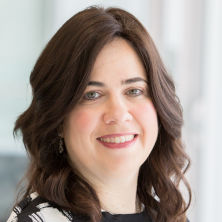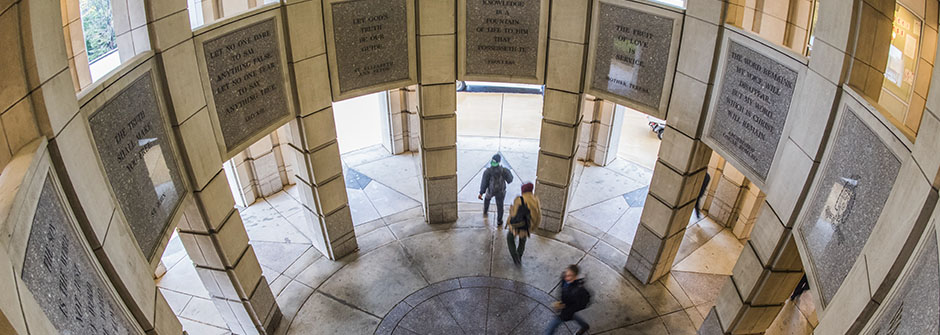
Academies
2021 Academies | 2022 Academies | 2023 Academies | Innovation Hub
Throughout the strategic planning process, faculty expressed eagerness to teach, research, and innovate in collaboration with colleagues in other departments and colleges at Seton Hall. The Academies initiative addressed this objective by providing three years of variable funding and freedom to empower faculty to succeed in projects that stretch beyond their existing program. The Academies have been enabled by Strategic Plan funds and savings by Seeds of Innovation.
2023 Academies
We are pleased to announce the projects that were selected for support in the third
round of Academies:
Hip-Hop Culture, Equity, and Excellence
Edmond Adjapong and Stephanie Harris
The Seton Hall Access and Resource Clinic (SHARC)
Bryan Crable, Vikram Dayalu, Kristi Stinson and team
Implementing the Rehabilitation Competencies Framework (RCF) to Advance Interprofessional
Curricula and Research
Angela Lis, Genevieve Pinto Zipp, Jennifer McCarthy, Leslie Rippon, Marcia Downer,
Jessica Dunn, Jillian Duff
Supporting Student Wellbeing through Collaborative Leadership
David Reid and Randall Clemens
Academy for Interdisciplinary Humanities
Russel Sbriglia and team
The Academy for Building Inclusivity and Belonging in the Healthcare Community
Lauren Snowdon, Lamar Bolden, Jessica Dunn, Alicia MacGregor, Megan Baumley, Dawn
Maffucci
AI Academy
Hongfei Tang and team
2022 Academies
The Office of the Provost, in conjunction with the Deans Council awarded funding to the following academies in 2022:
- Academy for Interprofessional Education and Research in the Health Sciences (AIER): Virtual World Learning Experiences
- Academy for Health Communication Innovation
- Academy for the Interdisciplinary Study of Sport
- Academy for Nature and Nurture: Interdisciplinary Approaches for Resilience
- Design for Social Innovation Academy
- Health Science Gaming Academy: Developing Virtual Worlds Learning
- Interdisciplinary Seminar on Shame
Academy for Interprofessional Education and Research in the Health Sciences (AIER): Virtual World Learning Experiences
This Academy is comprised of an interprofessional team of faculty from the School of Health and Medical Sciences. SHMS students will be provided a realistic environment they can learn in and from each other. The simulation will help ensure that students are prepared to effectively interact with patients and other professionals in a low stake, but realistic, avatar patient to support and manage a patient’s plan of care. Additionally, this academey aims to assist interprofessional faculty with advancing as team-based scholars that promote scientific discoveries, foster translational research rooted in the Mission and Academic Vision of Seton Hall University, and sustain evidenced based IPE experiential learning opportunities for students via the use of virtual reality gaming.
The work of this Academy will result in:
- Avatar simulations to support professional readiness;
- scholarly publication;
- conference abstracts on the study;
- substantive further grant submissions,
Faculty:
The Academy for Health Communication and Innovation (AHCI)
The Academy for Health Communication and Innovation (AHCI) strives to foster cross-disciplinary
collaboration in healthcare communication, prioritizing marginalized perspectives
and health advocacy. Aligned with Seton Hall University's strategic goals, it aims
to elevate student experiences and faculty scholarship through research, media production,
and industry engagement. AHCI's framework integrates diverse communication models,
emphasizing individual health behaviors, public messaging, and equitable health policy
advocacy. Leveraging faculty expertise and technological resources, it promotes student
interest in healthcare careers while centering on diversity, equity, and inclusion
principles. The initiative envisions interactive sessions, performance labs, and virtual
programming, driving health liberation and societal progress.
The work of this Academy will result in:
- Journal establishment, production, and publication
- Faculty cross-disciplinary research
- Community and Industry events and networking
- Student conferences
Faculty:
Academy for Interdisciplinary Study of Sport
The Academy for the Interdisciplinary Study of Sport aims to leverage existing legal,
journalistic, and business resources, propelling the university to national recognition
in sports studies. Recognizing sport's societal influence, the Academy aims to unite
diverse disciplines to comprehend its impact on culture and economics. Seton Hall's
unique assets include a specialized law initiative, renowned business programs, a
dedicated center for sports media, and a Division I Athletic Department. This Academy
intends to foster interdisciplinary collaboration, expand academic offerings, boost
university reputation, and increase global engagement, targeting diverse funding sources
for sustained growth and eventual establishment of a prominent sports research center
or institute.
The work of this Academy will result in:
- Development of The Study of Sport summer certificate program in Rome.
- A cross-disciplinary Undergraduate/Graduate Research Couse.
- Issues in Sport event series that draws on expertise in law, journalism, and business to engage students in discussion of the leading issues in sport.
- Networking and relationship building opportunities between South Orange and Law School campuses
- one-credit intersession and summer courses on novel, unusual, and creative issues in sport
- Precollege Summer Program to build awareness of Seton Hall’s sports management offerings and develop student admissions pipelines.
Faculty
Academy for Nature and Nurture: Interdisciplinary Approaches for Resilience
The Academy on "Nature and Nurture: Interdisciplinary Approaches for Resilience" at Seton Hall focuses on tackling addiction and mental health crises, exacerbated by the COVID-19 pandemic. Highlighting the alarming rise in drug overdose deaths, it aims to address stress-related mental health issues and unhealthy coping mechanisms. Through interdisciplinary research and teaching, this initiative plans to integrate neuroscience, pharmacology, psychology, and theology to comprehend addiction's complexities. Leveraging existing strengths at Seton Hall, including Catholic education's holistic approach and collaborations in neuroimmune pharmacology, the Academy seeks to secure external funding and engage global scholars. It aims to involve graduate students, promote interprofessional education, and acquire sustainable funding for continued impactful research beyond local boundaries.
The work of this Academy will result in:
- University-wide Panel Discussion & 1st annual Report
- University-wide Workshop, Submission of Proposals for External Funding & 2nd Annual Report
- Research Publications, External Funding, & Final Report
Learn more about the Academy on Nature and Nurture: Interdisciplinary Approaches for Resilience »
Faculty
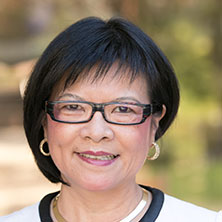 Sulie L. Chang Sulie L. ChangProfile » 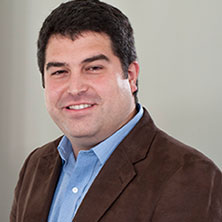 Jose L. Lopez Jose L. LopezProfile » |
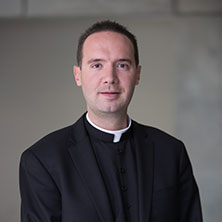 Rev. Joseph R. Laracy Rev. Joseph R. LaracyProfile » 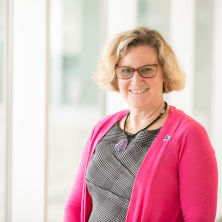 Mary Landriau Mary LandriauProfile » |
Design for Social Innovation Academy
The Design for Social Innovation Academy emerges from the successful pilot Social Design program initiated in 2019. Anchored within the College of Human Development, Culture, and Media, it aligns with the university's mission to nurture global citizens. This innovative initiative aims to harness design's power for societal progress, integrating across multiple colleges and addressing diversity, equity, and inclusion. The Academy aspires to foster interdisciplinary collaboration, offering a curriculum emphasizing human-centered design, accessible to diverse populations. It seeks to create experiential learning opportunities, community partnerships, and an Empathy Simulation Lab, positioning Seton Hall at the forefront of technology and educational methods. Hosting a Design for Social Innovation Conference intends to propel the university's prominence in this discipline, benefiting local and global communities.
The work of this Academy will result in:
- Creation of experiential and service learning opportunities with partnering Colleges
- Development of community partnerships
- Proposal of Design for Social Innovation curriculum
- Purchase of equipment for Empathy Simulation Lab
- Creation of Empathy Simulation Lab
- Launch of Design for Social Innovation Curriculum and Empathy Simulation Lab
Faculty
Health Science Gaming Academy: Developing Virtual Worlds Learning
The Health Sciences Gaming Academy (HSGA) is comprised of an interdisciplinary team from the School of Health and Medical Sciences and the College of Human Development, Culture, and Media. Aimed at advancing education through gaming, it integrates virtual world learning experiences into the health professions curriculum, enhancing interprofessional education. Aligned with the university's vision, the Academy fosters diverse collaborations, supports faculty research, and develops experiential learning opportunities. By infusing gaming into the curriculum, it prepares students for real-world healthcare scenarios, promoting teamwork, communication, and critical thinking. The Academy aims to create proprietary agreements for virtual world learning experiences, reducing costs and workload while enhancing student education and faculty development. The project's goals encompass curriculum development, integration, dissemination of results, and seeking external funding over three years.
The work of this Academy will result in:
- Development of the Emergency Preparedness Virtual World Learning Experience
- Submission of Manuscript Journal
- Grant funding proposals
- Creation of a proprietary agreement with the development company
- Integration of Learning experience into SHMS IPE Curriculum
- Workshop and presentation development and execution
Faculty
Interdisciplinary Seminar on Shame
The Academy aims to evolve the “Interdisciplinary Seminar on Shame” into a publication. Originating from the Mission Mentors Summer Award Project, this initiative by Gregory Glazov and Minsun Lee integrated various disciplines to explore shame. The seminar presented articles discussing shame's meaning, function, and its link to guilt. Participants expressed the seminar's value for university life and its Catholic mission. To extend this effort, the Academy will embark on a three-year interdisciplinary exploration on shame, intending to create a publishable volume from seminar sessions, involving faculty participants and attracting additional contributors interested in the project's development.
The work of this Academy will result in:
- Seminar sessions on shame
- A publishable volume of proceedings, containing approximately 12 articles
Faculty
2021 Academies
The Office of the Provost, in conjunction with the Deans Council awarded funding to the following academies in 2021:
- Academy for Applied Analytics and Technology (A3T)
- Academy for Business Humanities
- Academies for Interprofessional Education and Research (AIER): Center for Disease Detection, Prevention, and Intervention
- Interprofessional Active Learning Environment: Integrating Simulation and Telehealth Practices to Promote Psychosocial Wellbeing
- Green Chemistry, Sustainability and Stewardship
- DiploLab Undergraduate Research
- Catholic Social Thought in Action
Also in 2021, the Office of the Provost also provided smaller seed grants for the following initiatives proposed within Academy applications:
- Institute for Communication and Religion, and students. Tune into WSOU and ICR podcast network.
- Additional Undergraduate Research Labs open to all colleges.
- Development of a "Civilizational Prospects" Core 3 course, a conference, and investigation of a Future Studies program.
Academy for Applied Analytics and Technology (A3T)
This Academy draws upon faculty from the College of Arts & Sciences, the Stillman School of Business, the School of Health and Medical Sciences and more to broaden the learning experiences and career prospects for students in applied analytics, big data, and related fields. This Academy also facilitates creative cross-disciplinary projects that apply analytics and technology to solve pressing real-world problems and topics, including supply-chain management, machine learning, technology ethics, ESG (Environmental, Social, and Corporate Governance), cybersecurity, finance and disruptive technology, and more.
Academy objectives include:
- Creation and curation of more courses in applied data analytics and technology across
the curricula, including:
- Cross-disciplinary collaborative capstone courses, which involve teams of students working together on projects
- Proposals for new graduate and undergraduate programs, potentially including:
- MS in Financial Technology
- Undergraduate Concentration in Applied Analytics
- Undergraduate Concentration in Supply Chain Technology
- Relevant scholarly projects, such as an investigation of the impact of COVID on supply chains;
- Proposal for Center for Applied Analytics and Technology that would cultivate corporate partners and apply for grants, run research seminars, and coordinate cross-disciplinary curricula;
- Partnerships with the NJ Big Data Alliance, IEEE: Institute of Electrical and Electronics Engineers, Kean University Data Analytics Center, and many large corporations.
- Consulting services available: contact Dr. Renu Ramnarayanan, Ph.D. of the Department of Mathematics and Computer Sciences at [email protected].
Learn more about the Academy for Applied Analytics and Technology »
News:
- Seton Hall Academy for Applied Analytics and Technology will host a hackathon April 22-24, 2022 in partnership with Microsoft and Spektra Systems. The hackathon, open to students enrolled in New Jersey institutions of higher education, will focus on data analytics for alternative energy deployment in New Jersey.
- Seton Hall University will host the 2023 New Jersey Big Data Alliance Conference! Stay tuned for details and a call for proposals.
Faculty:
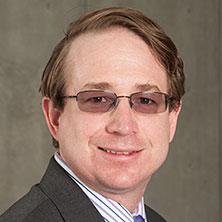
[email protected]
Profile »
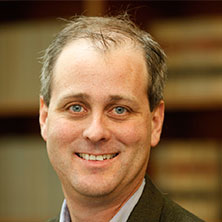
[email protected]
Profile »
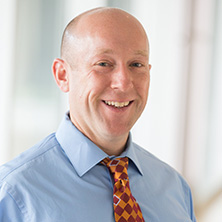
[email protected]
Profile »
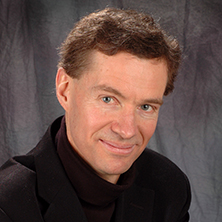
[email protected]
[email protected]
Profile »
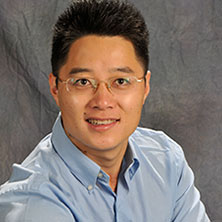
[email protected]
Profile »
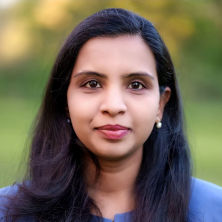 Shajina Anand
Shajina Anand
[email protected]
Academies for Interprofessional Education and Research (AIER)
Disease Detection, Prevention, and Intervention
This Academy brings together scholars from multiple colleges and schools to facilitate three interrelated goals. First and foremost, it will conduct "bench-to-bedside" research on Parkinson's, Alzheimer's, and speech recovery after concussion—and additional conditions—from biological, physiological, psychological, sociological, and other perspectives to understand and treat pathologies and injuries holistically. Our faculty recognize that diseases and physical conditions are not exclusively cellular or physiological, not caused merely by pathogens or accidents, but complex conditions who detection, prevention, and treatment require education, therapy, social change, and other interventions in addition to medical care. Second, this Academy cross-trains students and faculty to understand the dual-domain complexities of these conditions by working together across disciplines. Finally, in putting together these cross-disciplinary research and teaching teams, the CDDPI Academy also fosters an ambitious grant-submission pipeline and grant-application mentoring system, whereby established Principal Investigators help junior scholars establish a track-record to support grants of their own.
- Cross-training of undergraduate and graduate students
- Fostering a culture of collaborative grant-writing with faculty grant mentorship teams
- Submission of more than four million dollars in grant proposals
News:
- SHMS faculty awarded grant from the New Jersey Commission on Brain Injury Research (NJCBIR), to study speech patterns in concussions. Congratulations to Professors Sona Patel and Caryn Grabowski for their work with on this Academy.
- Congratulations to Dr. Sulie Chang and her team for being awarded a grant from the National Institute on Alcohol Abuse and Alcoholism (NIAAA)/ National Institutes of Health (NIH) for their project titled Involvement of microglial α7AChR in binge alcohol modulation of gut dysbiosis.
Faculty:
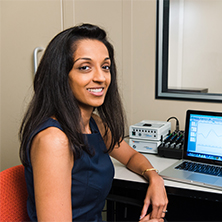
[email protected]
Profile »
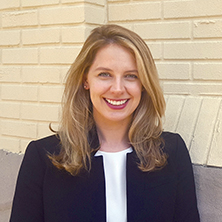
[email protected]
Profile »
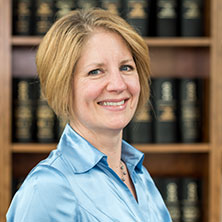
[email protected]
Profile »

[email protected]
Profile »

[email protected]
Profile »
Interprofessional Active Learning Environment: Integrating Simulation and Telehealth Practices to Promote Psychosocial Wellbeing
This Academy, housed in the School of Health and Medical Sciences explores the effectiveness of virtual gaming simulation as a mechanism for training students across health professions about the practice of telehealth.
The interprofessional team of faculty have designed an interprofessional active learning simulation (ALS) experience using a virtual reality (VR) avatar-based character that possesses a blend of artificial and human intelligence to enable health professional students to interact as the “human in the situation” to address the person-centered plan of care via a telehealth practice model.
This mechanism promises to allow more robust interdisciplinary training that recognizes how individual patient demographics require different approaches to telehealth by focusing a case study on individuals with psychosocial wellbeing concerns.
The work of this Academy will result in:
- an article on their study;
- conference abstracts on the study;
- substantive further grant submissions, including Telehealth Network Grant Program (300k)
"Using a team science approach, we believe this innovative active learning simulation will help bridge interprofessional student coursework and clinical experiences by intentionally offering a robust high leverage structured practice opportunity incorporating the tenets associated with the practice of Telehealth while addressing the person's psychosocial wellbeing."
-Dr. Genevieve Pinto Zipp
Faculty:
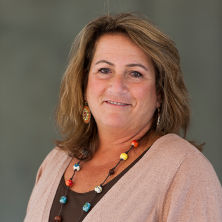
[email protected]
Profile »
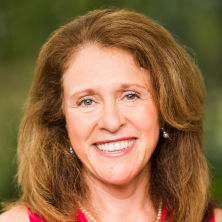
[email protected]
Profile »
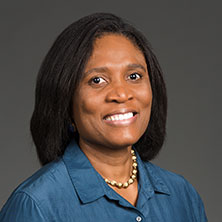
[email protected]
Profile »
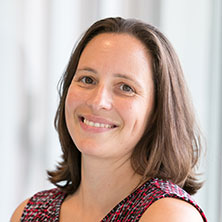
[email protected]
Profile »
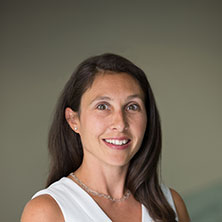
[email protected]
Profile »
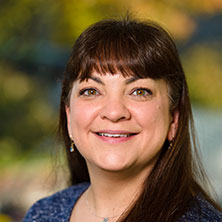
[email protected]
Profile »
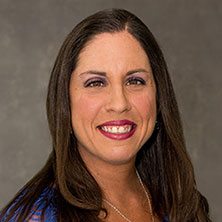
[email protected]
Profile »
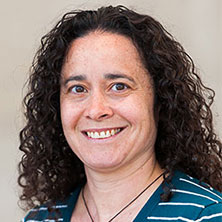
[email protected]
Profile »
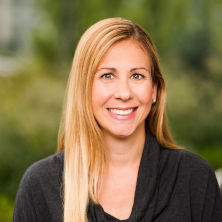
[email protected]
Profile »
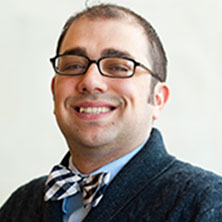
[email protected]
Profile »
Business Humanities
In an era when factual answers are just a Google search away, and the scope of activities that can be handled using artificial intelligence is rapidly increasing, humanities-based skills like creativity, empathy, critical thinking, cultural and historical awareness, and the ability to tell a story become even more vital to both business success and one’s ability to lead a happy, fulfilled, well-rounded life. While these are the very skills taught by the humanities, such as English, philosophy, history, religion, languages, political theory, psychology, and cultural anthropology, their applicability to business contexts is often tacit, or sometimes even erroneously labeled as antithetical.
We posit that the perceived divide between the humanities and business is both artificial and detrimental. Business is a humanity. The most innovative companies—Google, Amazon, Microsoft, and more—have been touting the importance of these very “soft” skills for years and pointing to them as critical factors in their success. And businesses can, if ethically managed, provide living wages that help to raise people out of poverty, promote environmental sustainability, fight against discrimination and other forms of social and institutional injustice, cultivate meaningful work, and generate other positive ethical outcomes, all geared towards a more humanistic and socially responsible world.
Business Humanities are even more relevant now, during the Great Resignation, when so many people are reviewing their career choices and orienting themselves toward more meaningful work. We want Seton Hall students, faculty and staff, and members of our community to think about what makes work morally meaningful and how people have agency to make their current work more meaningful. We want to empower creativity, empathy, critical thinking, and eloquence while at work.
Our Academy gives us the flexibility to teach how humanities inform business. We do not want to take for granted that students intuit how to connect what they learn in their humanities classes to what they learn in their business classes, and vice versa. We want to make the connections explicit and give students practice applying humanities skills, questions, and lessons to business problems and work life. We also want humanities students to understand how the skills they gain at Seton Hall are relevant to their future careers, and that they, as servant leaders, can make a difference in how businesses are run.
The work of this Academy will result in:
- A proposal for an innovative Business Humanities Minor;
- A pioneering annual Business Humanities Conference, for academics and professionals;
- An annual workshop with corporate guests;
- A collection of scholarly essays on Business Humanities (book or special journal issue);
- $150,000 and $250,000 grant Submissions;
- Continued discussions about meaningful work with external foundations and corporations.
Faculty:
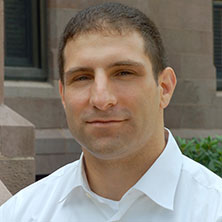
[email protected]
Profile »
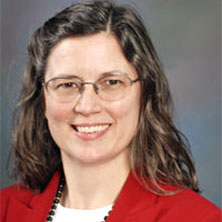
[email protected]
Profile »
Academy for Green Chemistry, Stewardship and Sustainability
A group of students and alumni under the direction of the Academy for Green Chemistry, Stewardship and Sustainability are working on biodiesel synthesis. Some are growing algae in the McNulty greenhouse as a source of triglycerides. Others are investigating microwave methods for isolating triglycerides from the algae. A third group is working on efficient methods for converting the triglycerides to biodiesel by transesterification. While most of the work involves known processes, the goal is to put it all together to expand on a laboratory experiment Dr. Laviska (the previous faculty member in the Department of Chemistry and Biochemistry), created so that the students can see the full sunlight to biodiesel process. Further, this is a project that non-science students can do.
The Academy for Green Chemistry helps expand and support initiatives of the Center for Applied Catalysis.
The work of this Academy will result in:
- A proposal for a Certificate in Stewardship and Sustainability;
- Proposals for a Minor and a Major in Green Chemistry;
- Courses in “Green Chemistry” and “Stewardship and Sustainability” (Core 3);
- A proposal for a Center with accompanying submissions for grants/foundation support to sustain it.
- Collaboration with Environmental Studies Program
Work of the Academy is already involving students in hands-on research and curricula, all with tangible positive impacts on the environment:
- Faculty have completely revised the curriculum for CHEM 2315 and CHEM 2316 (Organic Chemistry Laboratory I&II) to promote and adhere to green principles. All students in these fundamental classes learn green principles. Reduced materials purchases and waste disposal costs reduce the financial and environmental costs to educate each student. Laboratories are safer.
- The research conducted by Dr. Jose Lopez and Dr. Setrak Tanielyan has shown significant progress. The cold plasma-solid phase catalytic system for conversion of methane to hydrogen is in prototype stage with SoCalGas. The project has attracted funding from the Department of Energy for the conversion of methane to syn gas.
- Students will deliver two presentations at the National American Chemical Society Meeting March 19-23 in San Diego. These presentations will discuss the development of greener microwave synthetic methods for preparation of cyclometalated iridium complexes, which are important for OLED displays and for photodynamic therapy applications.
- A group of students and alumni under the direction of the Academy for Green Chemistry, Stewardship and Sustainability are working on biodiesel synthesis. Some are growing algae in the McNulty greenhouse as a source of triglycerides. Others are investigating microwave methods for isolating triglycerides from the algae. A third group is working on efficient methods for converting the triglycerides to biodiesel by transesterification. While most of the work involves known processes, the goal is to put it all together to expand on a laboratory experiment Dr. Laviska (the previous faculty member in the Department of Chemistry and Biochemistry), created so that the students can see the full sunlight to biodiesel process. Further, this is a project that non-science students can do.
Faculty:
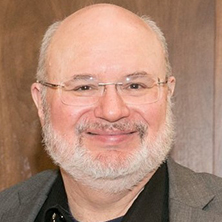
[email protected]
Profile »

[email protected]
Profile »
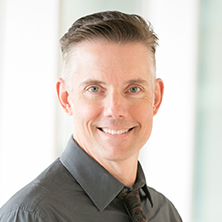
[email protected]
Profile »
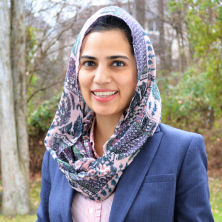
[email protected]
Profile »
DiploLab Undergraduate Research Lab
This partnership between the School of Diplomacy & International Relations and University Libraries provides students a stipend and extra software, research, and data analysis training (free of charge) to collaborate with faculty on special projects. Supported by small stipends, faculty mentor the students on projects that lead to both faculty and student publications in academic and popular media, including Foreign Policy and the Washington Post. This data analysis training, experiential learning experience, and genuine research gives students an edge in applications for graduate school and the best jobs.
On the DiploLab model, Library faculty are also training and funding students from across the University—in psychology, digital humanities, business, and other fields—to work on collaborative research projects with faculty. Contact Dr. Lisa DeLuca if you are interested in mentoring or participating as a student in such projects: [email protected].
News: School of Diplomacy is Gifted a Grant to Support Student Researchers [Tuesday, December 21, 2021]
Faculty:
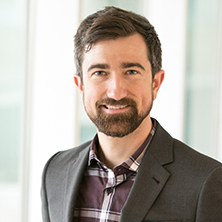
[email protected]
Profile »
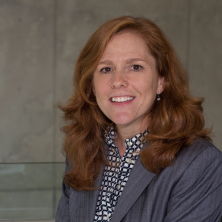
[email protected]
Catholic Social Thought in Action: Integrating Catholic Studies and Social Work Pedagogy and Practice
True to its name, this Academy animates the principles of Catholic Social Thought in coursework with experiential service-learning trips that bring our Mission to those in need in communities around the University and beyond.
A collaborative endeavor between the Department of Religion, the Department of Catholic Studies, DOVE, and the Social Work program, this Academy will enhance the articulation of academics with our Mission and, further, promote this articulation to other Catholic universities and to other academic programs.
This Academy is working on the following:
- Developing a Core 3 Catholic Studies and Social Work course: Global Justice: Integrating Catholic Social Teaching into Social Work Practice Worldwide
- Collaborating with the Division of Volunteer Efforts to create a Catholic Studies in Action course with experiential and service components;
- Promote Catholic Studies and Social work dual majors at SHU;
- Promote and develop the connections between these fields through scholarship presented at Petersheim and international scholarly conferences;
- Host a pioneering conference.
Faculty:
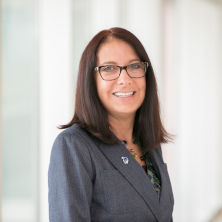
[email protected]
Profile »
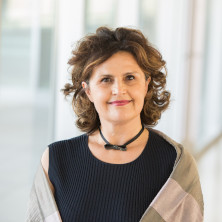
[email protected]
Profile »
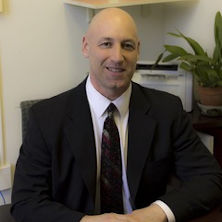
Anthony Nicotera
[email protected]
Profile »
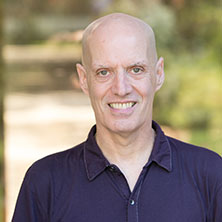
[email protected]
Profile »
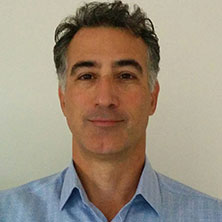
[email protected]
Profile »

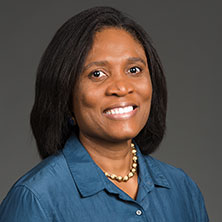 Marcia C. Downer
Marcia C. Downer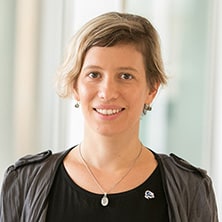 Ruth Tsuria
Ruth Tsuria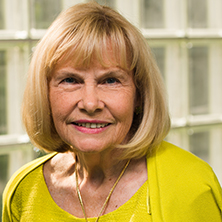 Anne M. Hewitt
Anne M. Hewitt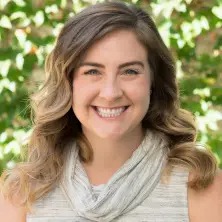 Madison Krall
Madison Krall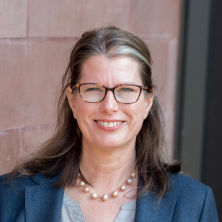 Jane McManus
Jane McManus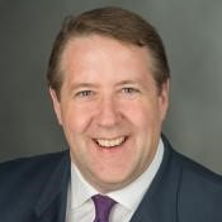 Robert Boland
Robert Boland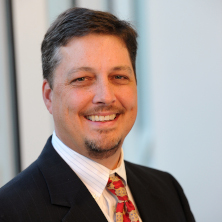 David Opderbeck
David Opderbeck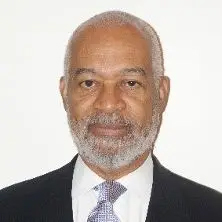 Charles Grantham
Charles Grantham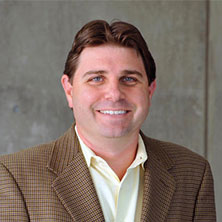 Daniel Ladik
Daniel Ladik Devon Corneal
Devon Corneal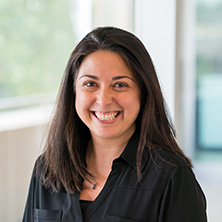 Christine Lhowe
Christine Lhowe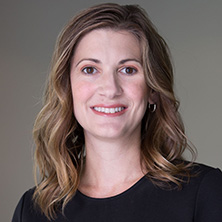 Christine Krus
Christine Krus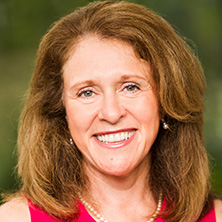 Lorene Cobb
Lorene Cobb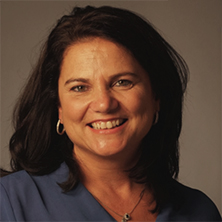 Jennifer McCarthy
Jennifer McCarthy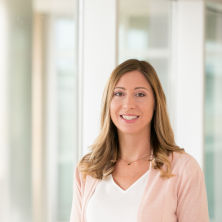 Lisa Sheikovitz
Lisa Sheikovitz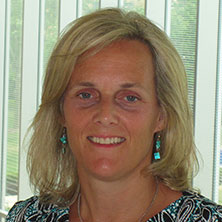 Jillian Duff
Jillian Duff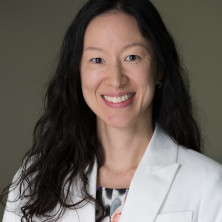
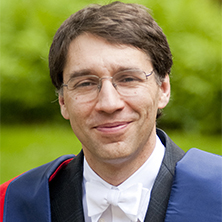 Gregory Glazov
Gregory Glazov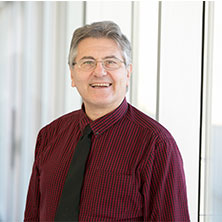 Anthony Haynor
Anthony Haynor